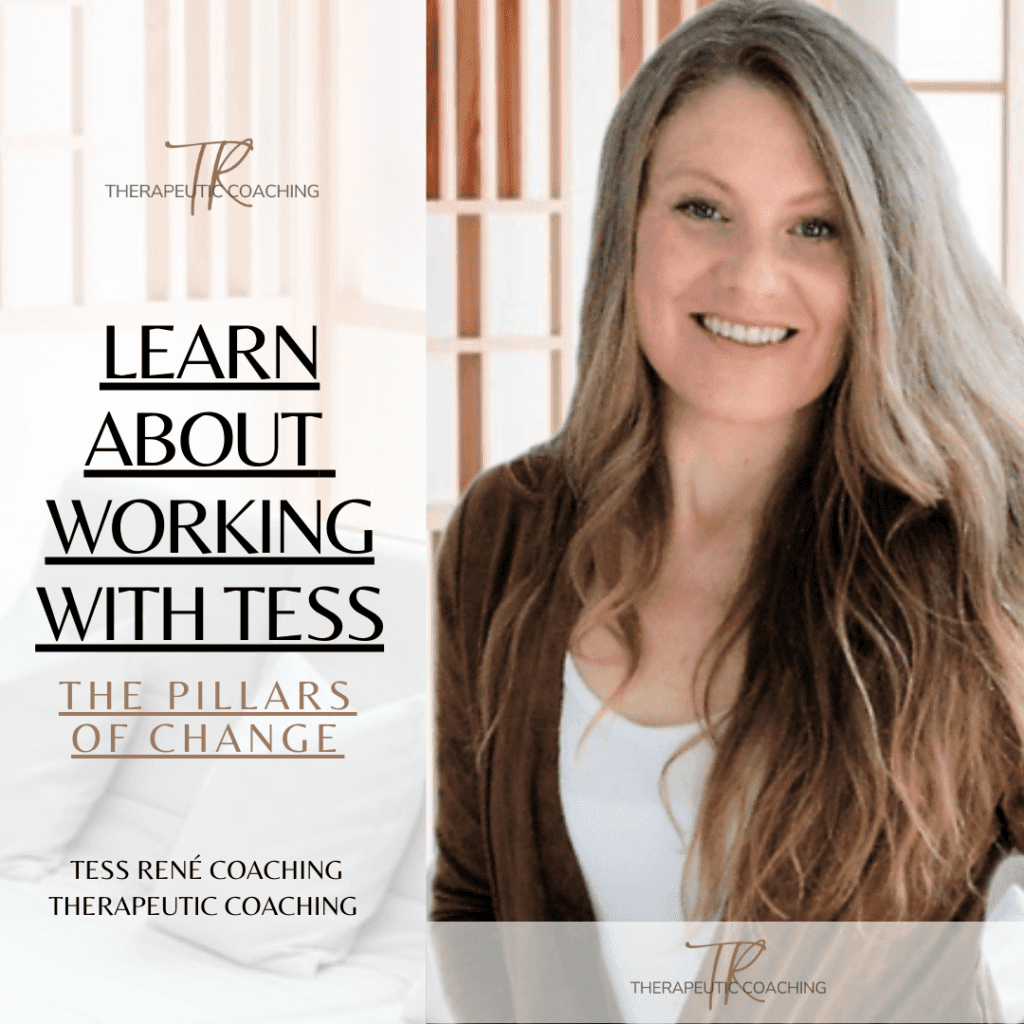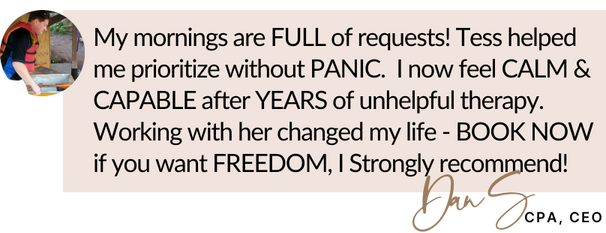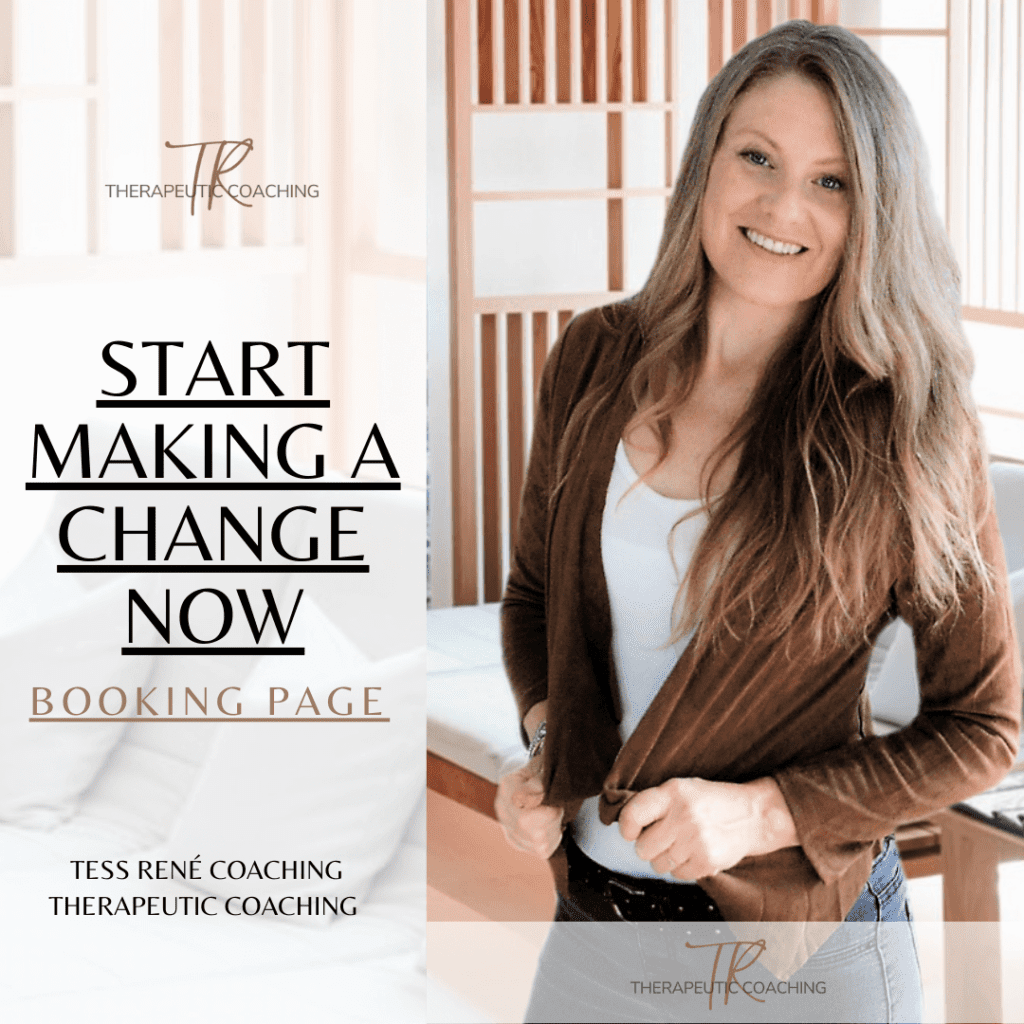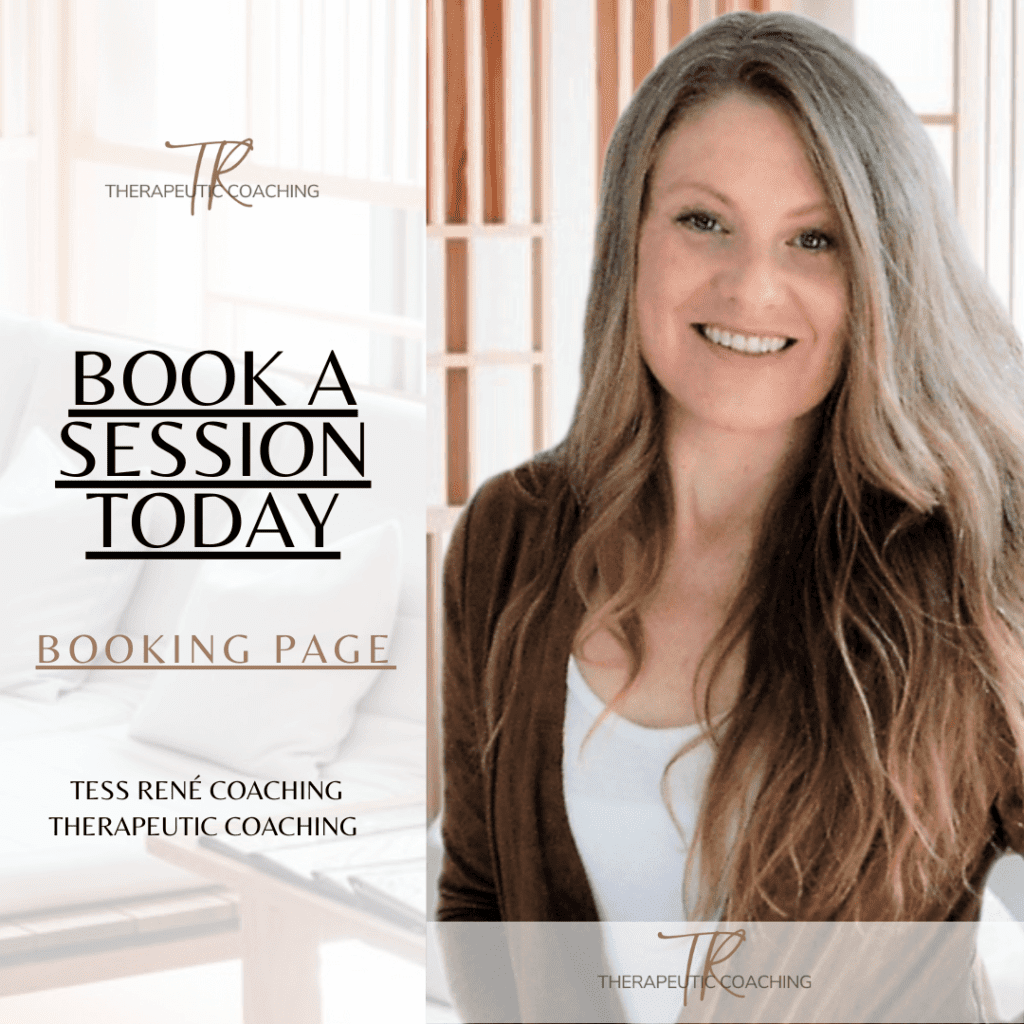When you want to feel better look at your beliefs: they can hold you back or set you free.
A belief is just a thought you’ve repeated to yourself, often without knowing, & concluded it is true.
Most people think they know their CORE BELIEFS, but in actuality, they either don’t know them or don’t behave in alignment with them.
IN THIS ARTICLE, I teach you: ~ 7 common beliefs that hold people back, ~ how to NEUTRALLY notice your thoughts, ~ TOOLS to challenge your beliefs & ~ HOW to create new beliefs that SERVE you…
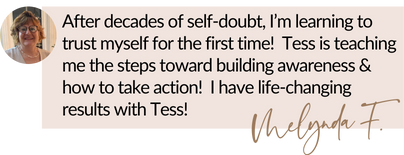
7 common beliefs that make us feel terrible:
1. It’s ‘good manners’ to keep the peace.
While we don’t want to cause trouble for no reason, it’s NOT good to never share your opinions, even if they differ from the crowd’s.
When we’re insecure about our views we tend to hide them or share them OVERLY aggressively. The latter usually happens when we think we need to defend ourselves.
On the other hand, when you know & trust yourself:
– defensive strategies aren’t necessary,
– you feel comfortable sharing because anyone else’s view doesn’t threaten you,
– you’re not afraid to offend anyone because you’re not overly attached to their view of you,
– and you can share politely without back-peddling.
When you feel good about yourself, you can comfortably express your ideas and share them in a way that invites discussion, not discord.
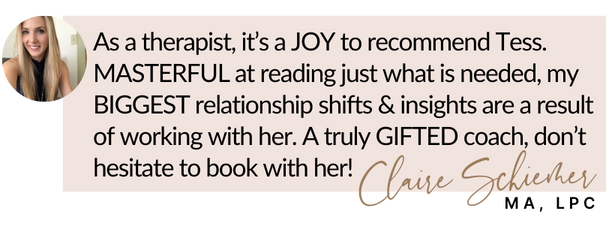
2. Being direct is ‘vulgar.’
Parts of our culture have socialized the idea that being direct isn’t nice.
The danger of this is that we hide our truth. We learn to back-peddle & couch everything so carefully that NOTHING gets said.
We start to think that being open about our truth might offend someone & is not ‘nice.’
This creates a culture of uncertainty instead of trust.
Instead, directly & politely share your opinion. Trust people to take it the right way. They may not, but that’s not in your control.
You can do both things: consider your audience so you don’t hurt people, AND not micro-manage the minds of the people around you so much that you share nothing.
Let’s make a world where directness is not ‘unkind’ & opinions don’t have to be carefully hidden.
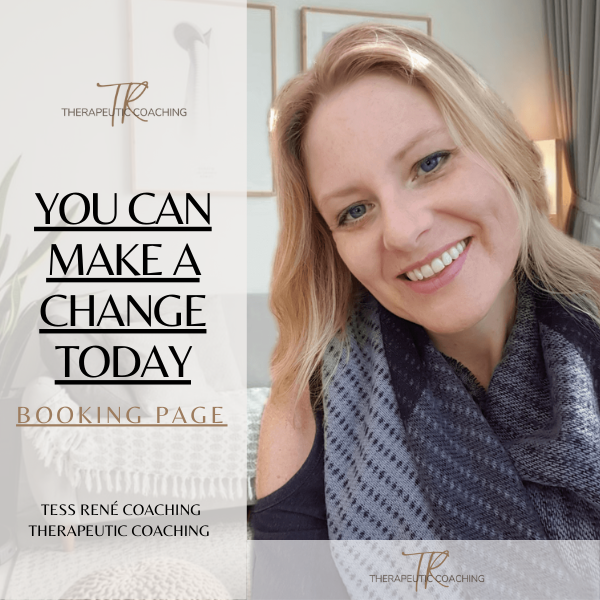
Some people require only one or two Kickstart Sessions to inspire them in the direction they want to go. If you feel stuck & frustrated, don’t delay – book a session with Tess René Coaching today.💛
3. Asking for what you want is selfish.
This is neither true nor sustainable.
It’s not sustainable because no one can suppress their own needs for long without feeling ultimately resentful or depressed.
But usually, it’s not so much that we’re worried about being selfish as we are worried about other people THINKING we are selfish.
BUT their thoughts aren’t ours to manage:
- We can’t know their thoughts for sure.
- We can’t affect anyone’s thoughts.
- Most people are worried about their own image more than ours.
Ask for what you want because no one’s judgement matters as much as how you feel about yourself.
4. Celebrating yourself is frivolous.
Quite the opposite.
Our brains need rewards. In behavioural psychology, intermittent reinforcement is the principle that subjects perform better & more consistently at tasks when given rewards at regular intervals.
To stay motivated, we need rewards. To be independent, we need to give that reward to ourselves.
When we celebrate our achievements, we give our brain the nourishment it needs to keep going.
5. Feeling sad is terrible.
Feelings are. They are neither good nor bad.
Whether it’s sadness, anger, jealousy, fear, resentment…, none of them are wrong.
They may cause you some discomfort, but they don’t make you a bad person.
Accept your feelings. If some deeper healing needs to happen, seek out some help or more information.
Mostly, trust that you are doing your best.
6. Limiting your success.
The Glass Ceiling Effect is the idea that we aren’t allowed to achieve beyond a certain point.
This belief, left unchallenged, holds us back from pursuing better jobs, relationships, housing, education…,
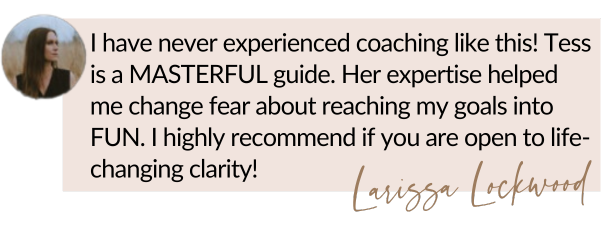
You know you are holding yourself back when:
- You don’t apply for a job unless you meet ALL the criteria.
- You automatically take all the blame when things go wrong.
- You often apologize for your opinions & feelings.
- You make negative assumptions about the value you bring.
Instead, focus on the times when you feel (or felt) good about yourself.
What were you doing?
What weren’t you doing?
What did you think about what you were or weren’t doing?
7. Lack of confident choices.
Most of us have assimilated views that aren’t ours, cause us pain & that we don’t know we’re allowed to question. Challenging old beliefs takes deeper work, but it’s doable & worth the effort & increases TRUSTING yourself.
Self-trust leads to confident choices, but we have to nurture it. Similar to happiness, we have to practise self-trust to achieve it.
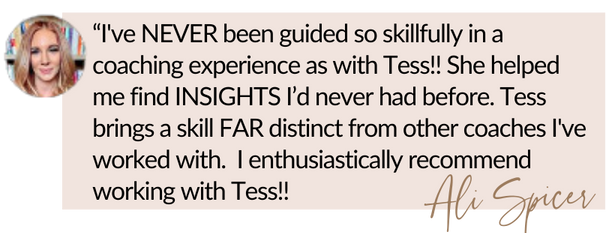
If you believe you aren’t trustworthy you:
- Won’t act with confidence.
- You might question your decisions a lot.
- You might ask other people for their opinions often.
On the contrary, people with self-trust:
- Accept mistakes as normal.
- Focus on solutions, not failures.
- Look at the goal they want rather than the consequences of their actions.
- Aren’t afraid to try & find out what happens.
- See outcomes as an event, not a reflection of their self-value.

